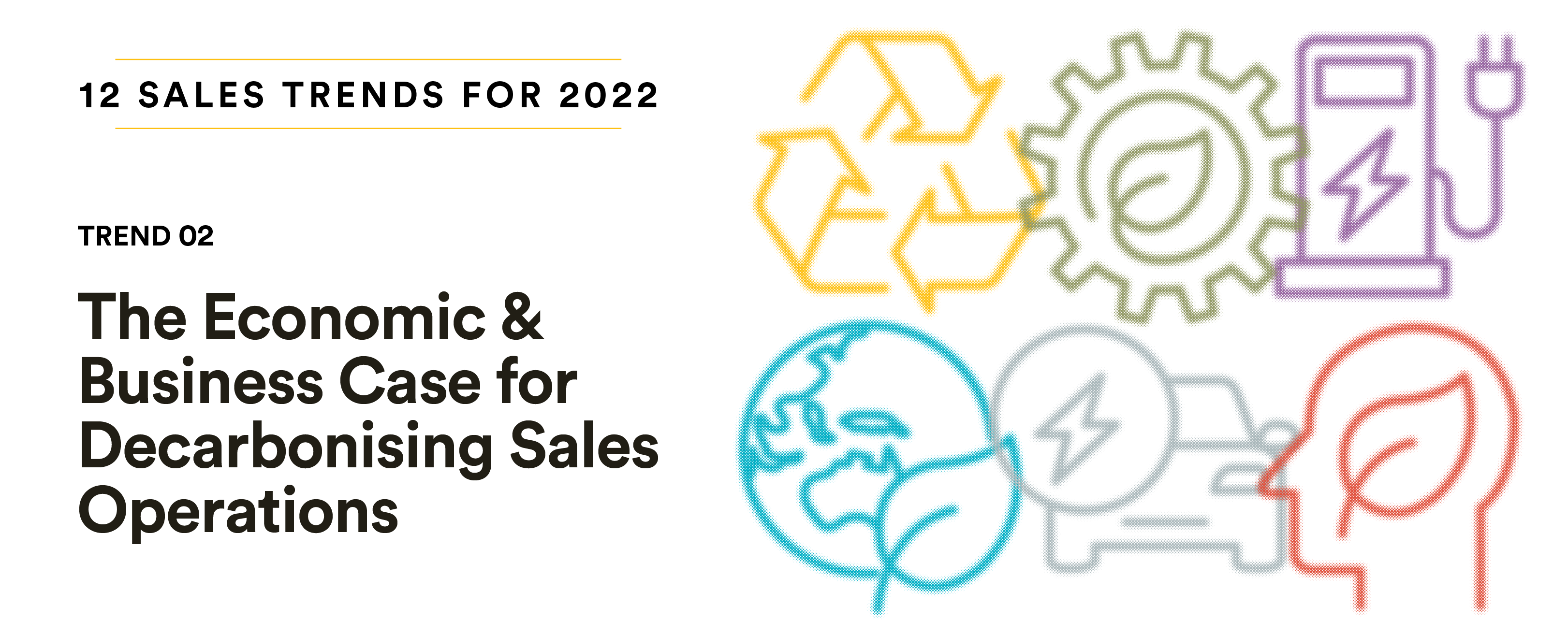
In Sales Trend 2 of the Barrett 12 Sales Trends Report for 2022 the numbers speak for themselves, but we still looked a bit further into the business case for decarbonising sales operations.
This is a condensed version of Sales Trend 2, to read the original version


New Article Email Notification